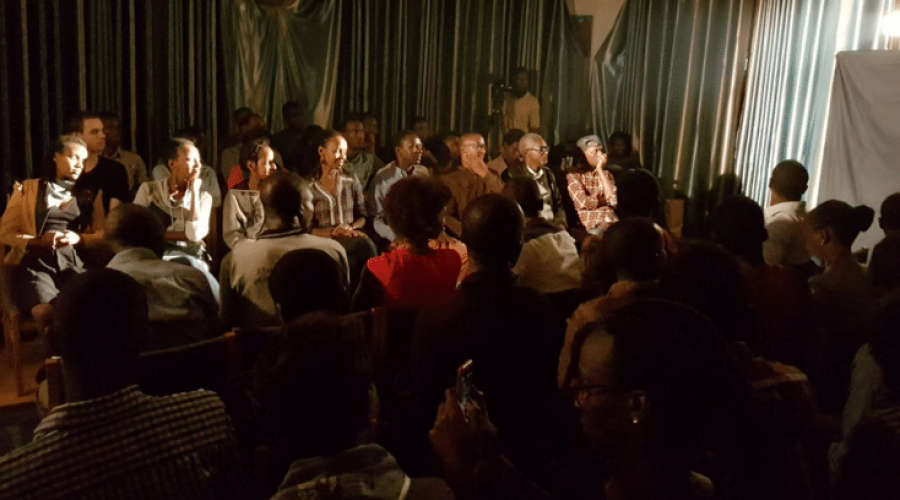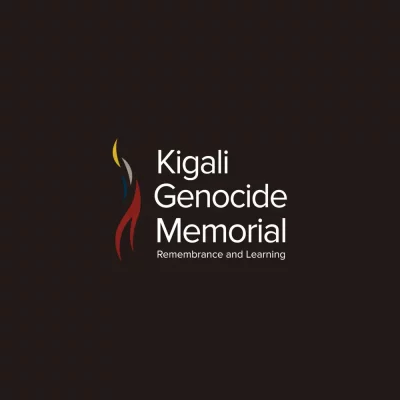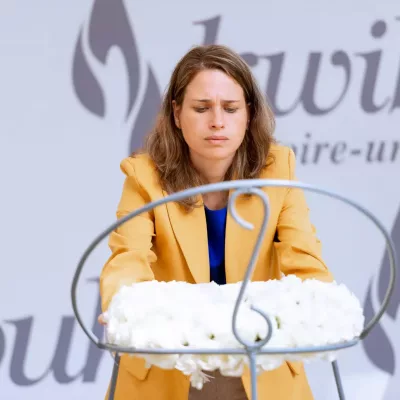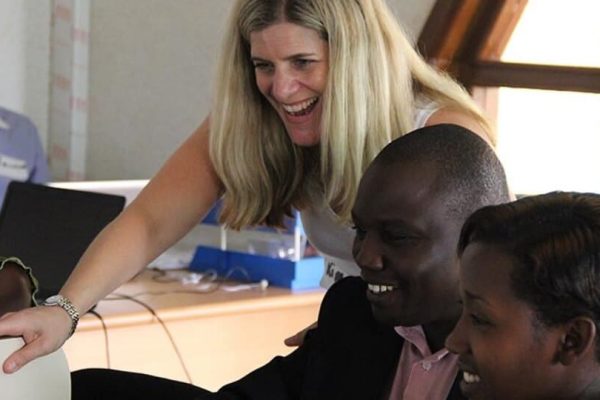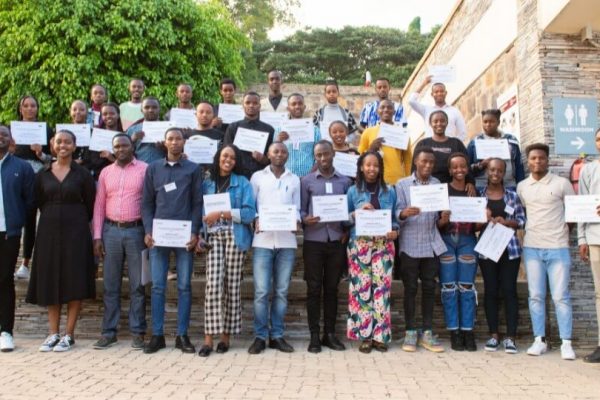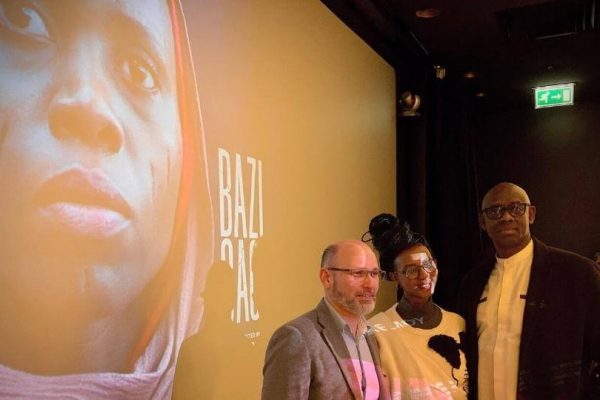The Kigali Genocide Memorial has hosted the drama “We Call it Love’, produced by Ishyo Arts Centre. More than 60 people including survivors, their families and memorial staff attended the event.
The memorial was transformed for the drama, bathed in purple light. Produced by Ishyo, a culture centre based in Rwanda, ‘We Call it Love’ has been realised as part of the project ‘Arts and Memory’, supported by the European Union.
This intimate drama between a woman and her son’s killer questions the concepts of justice, forgiveness and reconciliation. The play is inspired by the true story of a woman who in the aftermath of the Genocide found herself completely alone, overflowing with the love she had for her lost ones, and who decides to give that love to the one person she thinks needs it most: her son’s persecutor.
Its staging was multi-layered. It represented not only Rwanda and its hills, from which people bore witness to the Genocide, and our ability to face our past, but also the response of the international community, inactive and silent, while tragedy was unfolding before their eyes.
The play was written by the Senegalese author Felwine Sarr and directed by Denis Mpunga from the Democratic Republic of Congo. Herve Twahirwa composed the music while Carole Karemera was in charge of dramaturgy. The main actors were:
Eliane Umuhire as the woman whose child was killed during the Genocide against the Tutsi.
Michael Sengazi as Albert (the murdered child) and as the persecutor.
Herve Twahirwa as the father of Albert and the invisible world around us.
To date, ‘We Call it Love’ has been performed in France, the Democratic Republic of Congo and Côte d’Ivoire. After the drama, spectators had the opportunity to ask questions to the actors and producers. Here are some of those questions and answers:
What inspired you to name this drama, ‘We Call it Love’?
The main message of this drama is forgiveness. The action of forgiving persecutors and living in peace with them – just as the woman forgave her son’s persecutor – is what we call love, so inspiration came from that action.
There were some traumatising sounds in the drama. Did you worry that they could cause trauma to the spectators?
We thought of that of course. However, we wanted to make spectators live these moments which are somehow similar to those of the Genocide against the Tutsi. We made that happen by creating those sounds, and creating that environment. And with our partner the Kigali Genocide Memorial, we make sure to provide psychological support as needed.
Watch Carole Karemera explain ‘We Call it Love’.
'Gasaro, a survivor character in the play choose not let her love die with her child' explains Carole, the director. pic.twitter.com/1cP5HOzOaE
— KGLGenocideMemorial (@Kigali_Memorial) April 9, 2016

